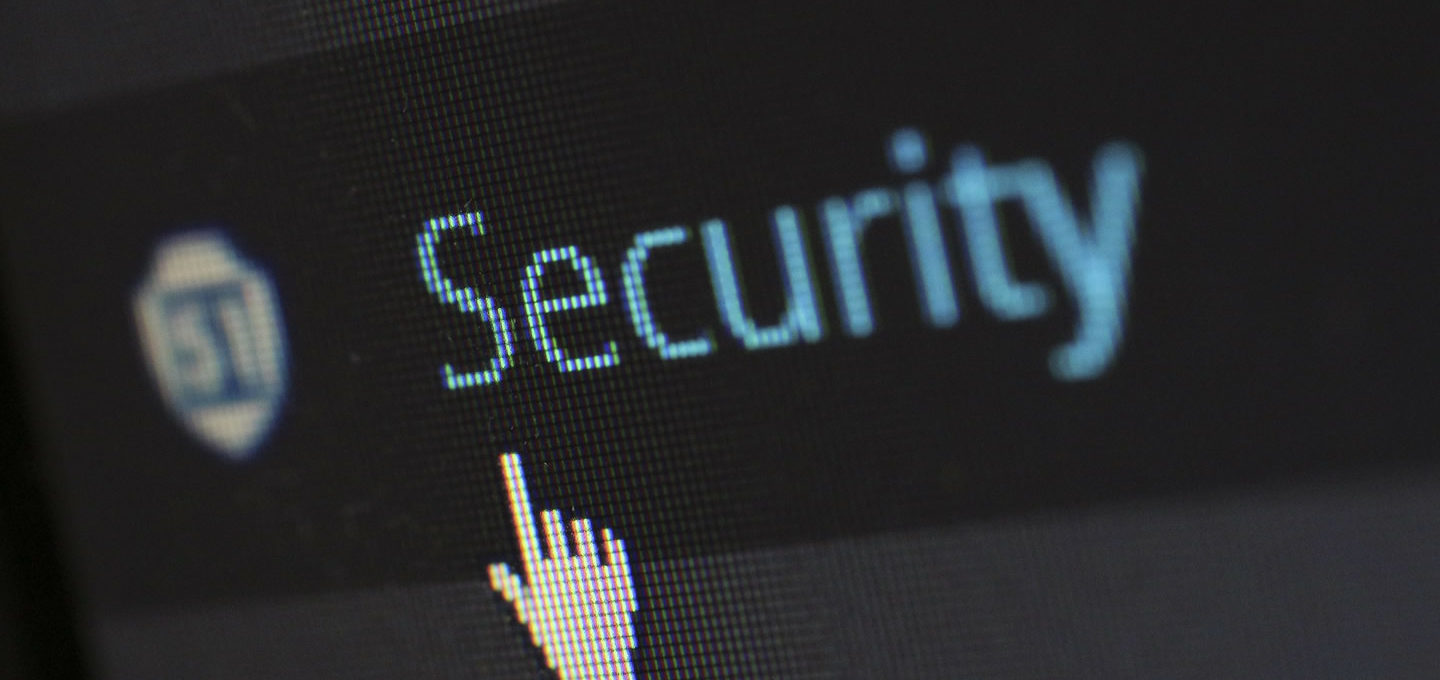The more technology brings us forward, the less secure we seem to feel. Science fiction has been warning us about AI for decades, dystopian stories are rife with the aftermath of technology getting out of hand.
The latest technophobia on our screens is Black Mirror, now approaching its fourth season. Each episode is a self-contained story in which technology leads to horrific results (with one exception).
Nonetheless, that does not stop us from adopting new technology at a frightening pace. No matter how many bad jokes will be made about stolen faces, consumers will buy the iPhone X and quickly become accustomed to facial recognition and personalised emojis. And despite constant warnings of dangerous elements packed in with torrents and streaming sites, people continue to download and share.
We love it, even if it could lead to our destruction.
Which is why internet security is so damn important. We are always online, even when we’re not actively using one of our devices. And while that is, mostly, a good thing, it leaves us vulnerable.
Staying secure online should not be a luxury. Here are 3 crucial steps you should take to stay safe on the web.
1. Use a VPN
To use the internet without a VPN is simply irresponsible. A VPN hides your location and encrypts your data, and is our best defence against hackers. Yet most people are reluctant to take the leap. All the best options come with subscription fees, and they might slow down your connection a little.
But the price – usually less than USD10 a month – is more than worth it, and we can afford to give up a little speed. The speed difference is unlikely to have any noticeable effect on our lives.
If you’re not yet using a VPN, it’s time to start. Make sure you get the best option possible, by reading reviews at https://securethoughts.com/vpn-review/.
2. Vet your emails
The days when we were fooled by scam emails should be over by now. And chances are you’re not going to fall for a Nigerian prince who just needs some of your money to unlock his millions.
However, people are still falling for scams every day, and even those who know better have lapses. Phishing scams are a very effective type of scam if executed well. The scammer – tvvitter.com, for example – makes it look exactly like you’re on a trustworthy website, and you gladly give away your login details.
To stay safe, vet your emails carefully. Make sure the email address they’re coming from is legit before clicking on a link. Definitely don’t download attachments if you’re unsure of the sender. And look out for simple spelling mistakes and the like in the email.
3. Use a password manager
Using a password manager seems to some like the less secure option. After all, you’re keeping all your login details in one place, instead of storing them in your head and typing them in every time. But password managers actually make you safer. Not only do they create secure passwords for you that would be impossible to remember, but they also keep you from having to type your password. If hackers gain access to your computer’s activity, they’ll be able to see what you’re typing. The less often you type your login details, the better.
Also, it’s incredibly convenient. Make sure that the provider is trustworthy, however. The last thing you want is for all your passwords to be leaked or sold by a dodgy company.
Photograph by Pixelcreatures

